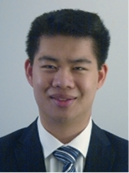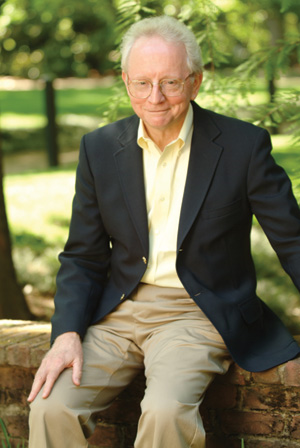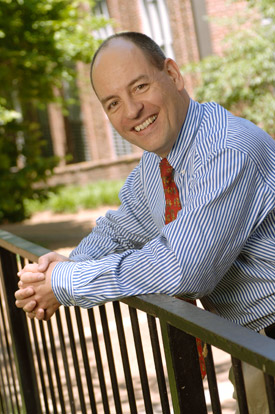The value of tech
When a well-known technology company purchases a hot new startup, it makes news. But long before that announcement, accountants have spent hours behind the scenes evaluating the value of the company and its assets. While valuation occurs in all sorts of mergers, acquisitions and even annual tax filings, technological products and property expand the scope and complexity of corporate valuation.
Valuation can mean anything from the value of the staff to the perception of the company’s trademarks. It can include modeling and analyzing business interests and assets, including intellectual property or customer relationships—a far cry from evaluating more tangible assets and made trickier by the topic at hand.

Deloitte advisory consultant Bob Shi, MAcc’14, is becoming fluent on valuing tech assets, thanks to his work on high-profile projects. None of it, he believes, would have been possible without the one-year MAcc valuation program at Vanderbilt. His undergraduate work included combined degrees in math and economics. Owen was where everything came together.
“The MAcc valuation program really was a nice marriage with my math and economics backgrounds,” Shi says. He interned at Deloitte in Dallas and was hired after graduation. He has worked on some of Deloitte’s key projects, including the split of HP Inc. and Hewlett Packard Enterprise, where his work focused on modeling and data analytics.
Valuation is a challenging field in the most straightforward of circumstances, he says, and more so for tech companies because the assets are valued in a nonstandard fashion. The HP separation was made more intricate due to the added layer of valuing the intercompany relationships. Shi says the project required constant contact with his HP clients—something for which Vanderbilt prepared him well.
“During the fall semester at Owen, we had several events with the Big Four companies, like meet-and-greets or social events or dinners. We got to know the individual firms that we’d potentially be working with,” Shi adds. “For me, coming out of an undergraduate program where I didn’t engage too much in public speaking or mingling, the first few events were a little awkward. I wasn’t entirely sure I had a handle on myself.
“I knew if I wanted to succeed in public accounting—and this sort of valuation work—I would need to handle myself in that setting. As we spent more time with other professionals, I became more comfortable engaging them and navigating though large groups.”
That was evident during an initial meeting at HP headquarters to meet with high-ranking executives. “Rather than being the shy new guy sitting on the computer taking notes, I was able to actively engage in conversations with them, get a feel for what they did, how we needed to treat their data and get a better grasp of what it was Deloitte would be doing for HP,” Shi says. “Without the events and the training that the MAcc program provided, I wouldn’t have had as effective a meeting, nor would I have gleaned as much information as I did.”












